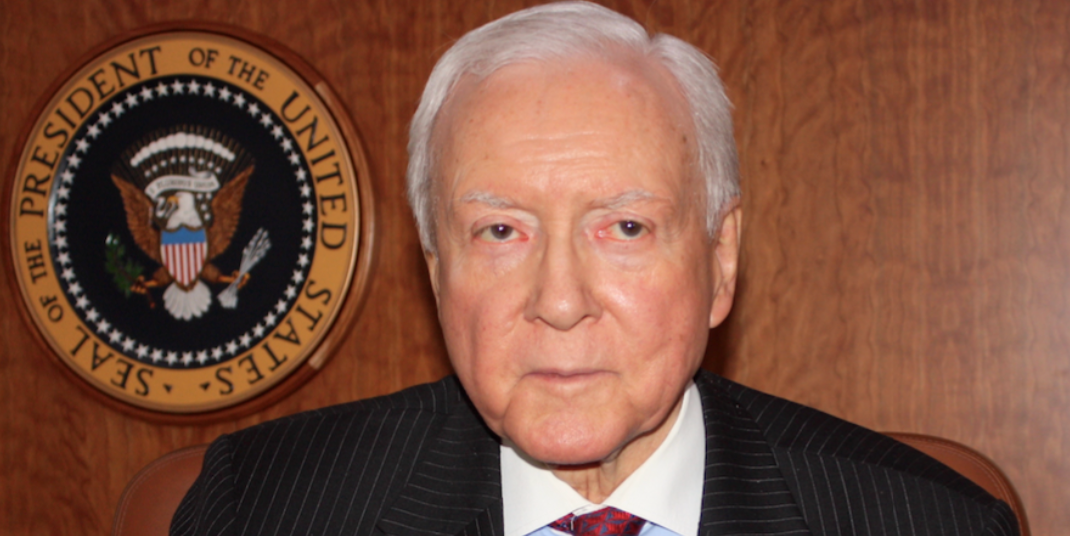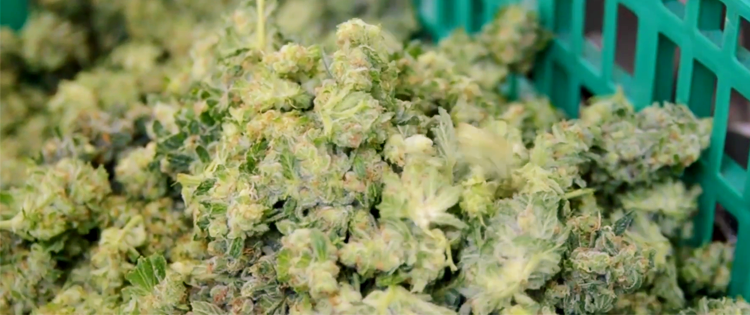The biggest barrier in the way of cannabis research is the fact that the United States has been keeping cannabis as a Schedule 1 substance, so it is defined by the federal government as a drug with no currently accepted medical use and a high potential for abuse.
Cannabis is the safest therapeutic substance that never killed anyone and you have more chances of abusing coffee, than cannabis, so the scheduling obviously does not reflect the reality.
The federal government knows that better than anyone else. Cannabis staying as a Schedule 1 drug, might benefit some specific industries, such as pharmaceutical, alcohol and petrochemical companies, however, it does a lot of damage to medical research and to the US economy.
It is very difficult to do research on cannabis right now in the US, for that reason, other countries realising this have been stepping in to fill the vacuum created by the absence of the US. Israel and Canada are huge beneficiaries of the US cannabis policy.

With Jeff Sessions, an aggressive opponent of cannabis as the Attorney General there seems to be little hope for change under the Trump administration. Sessions has been reported actively blocking cannabis research from the day he started his job as AG.
Senator Cory Booker’s recently introduced Marijuana Justice Act offered a glimpse of hope, and Conservative Utah Senator, Orrin Hatch introducing his Medical Marijuana Research Bill shows that change might be just around the corner.
He has been representing Utah in Congress since before I was born, and when these type of conservative lawmakers come out in support of medical cannabis, that tells me that everyone gets it now, and change is inevitably imminent.
Bipartisan support for medical cannabis seems to be building up and with President Trump openly supporting medical cannabis during his campaign (although he has been tightly lipped about it ever since), it looks like the last real obstacle remains AG Sessions.
 Image source
Image source
When a conservative politician from Utah is introducing a medical cannabis bill in such a witty way, you can feel that times have changed and the days of the anti-cannabis propaganda are numbered. Utah doesn’t even have legal medical cannabis laws on the state level yet, although 79% of Utah residents support medical cannabis.
Sen Hatch said it was “high time to address research into medical marijuana”.
“Our country has experimented with a variety of state solutions without properly delving into the weeds on the effectiveness, safety, dosing, administration and quality of medical marijuana. All the while, the federal government strains to enforce regulations that sometimes do more harm than good. To be blunt, we need to remove the administrative barriers preventing legitimate research into medical marijuana, which is why I’ve decided to roll out the MEDS Act.”
Senator Hatch addressed the issue in his proposed bill, that has been frustrating American researchers for decades.

“We lack the science to support use of medical marijuana products like CBD oils not because researchers are unwilling to do the work, but because of bureaucratic red tape and over-regulation,” he said. “Under current law, those who want to complete research on the benefits of medical marijuana must engage in a complex application process and interact with several federal agencies. These regulatory acrobatics can take researchers over a year, if not more, to complete. And the longer researchers have to wait, the longer patients have to suffer.”
This bill could surely help to speed up much-needed change as there are more and more signs that medical cannabis could solve the devastating opioid crisis we face in the US.
29 states plus DC already have their own legal medical cannabis laws, it is now really only up to the federal government to catch up to modern medical science and declare the failure of cannabis prohibition and embrace it for what it is… the most effective and safest therapeutic substance available.
Share your views in the comments section below.
- Nimbin Medican – Educating Australians About Medical Cannabis - January 28, 2020
- Pill Testing and Roadside Drug Testing – When is it Appropriate to Test for Drugs? - August 2, 2019
- The Australian Cannabis Summit in Review - July 16, 2019


